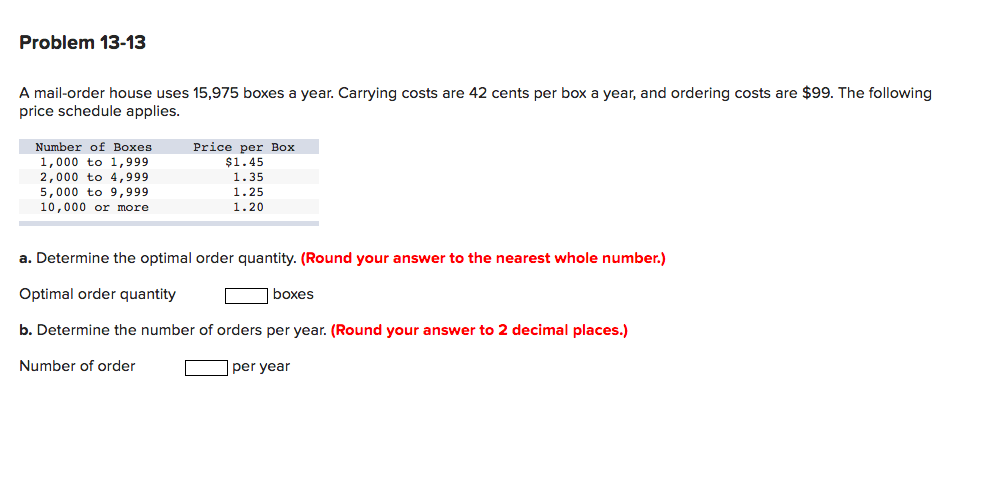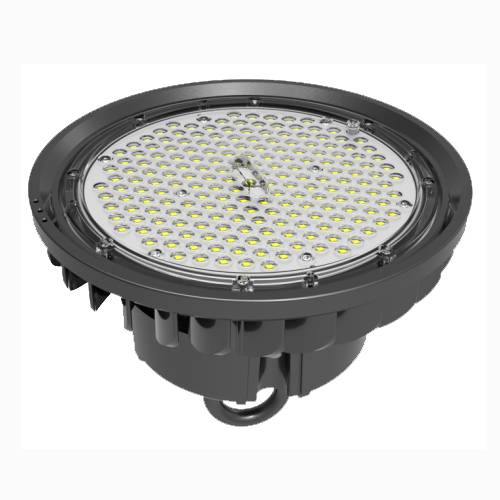
There’s no objective way for a TV critic to determine a Top 10 list that applies to everybody, because everyone’s tastes and enjoyment levels are inherently subjective. Subjective truth might be different for different people, depending on their own tastes, preferences, or experiences. Objective is also used in grammar, i.e. the objective case, and as a scientific term referring to lenses in a telescope or microscope. Objective and subjective are two quite commonly used adjectives, with meanings that can easily be confused, even though the two words are antonyms of each other. When writing, it is important to understand the difference between the two and to use them appropriately. Subjective and objective are two words that are often used in writing and communication.
All sides of an issue have a chance to present their own facts, and there are no biases. Since objective writing makes use of numbers, it is safe to say that it is accurate. Some subjective pieces make use of exclamation marks to convey strong emotions such as anger or joy. Also, subjective and feelings both contain the letter S, which you can use as an additional mnemonic.
More Related Content
The difference between objective information and subjective information is that the former is based on facts, while the latter is based on feelings or opinions. In most of its common uses, objective is contrasted with subjective, often as if it’s the opposite. Objective most commonly means not influenced by an individual’s personal viewpoint—unbiased (or at least attempting to be unbiased). It’s often used to describe things like observations, decisions, or reports that are based on an unbiased analysis. In most cases, it comes down to whether something is based on personal experience or on verifiable facts.
As a result, it’s useful for doctors to have objective tools to determine how ill people are, which don’t have results that vary from person to person. This sentence, a quote from a pathologist, argues that symptoms of diseases are somewhat subjective because they differ from person to person. The word objective describes information that’s based on verifiable facts. Objective truth can be verified by a third party, regardless of who the third party is.
Difference Between Objective and Subjective
If you hear someone say, “In my objective opinion,” for instance, they may be misusing the word, depending on what follows the statement. Objective language is used when reporting facts or describing events. For example, when writing a news article or a research paper, it is essential to use objective language. Subjective language is often used when expressing an opinion or arguing. For example, subjective language should be used to make your point when writing an opinion-based essay. The key to using subjective language is to ensure that your opinion is well-supported with facts and evidence.
- Official and legal matters use objective writing while other texts such as books, blogs, journals, speeches use subjective writing.
- Objective and subjective are adjectives that refer to unbiased observations and biased evaluations, respectively.
- It’s important to search for objective facts from a reliable and impartial source.
- If you’re writing a persuasive essay, you’ll usually need factual or quantitative data to make your writing credible.
The statement above is based on opinions, not facts, making it subjective. That’s a subjective statement because what’s beautiful to one person can be ugly to another. In the first one, there is some opinion, but the primary focus is on speaking about skilled musicians. You might also be interested in our alright vs. all right explainer. In grammar, objective means referring to nouns or pronouns used as the object in a sentence.
Key Differences Objective and Subjective
They are based on observable phenomena and can be verified by others. Subjective vs. Objective is a crucial distinction to make when discussing any writing, particularly when it comes to academic and scientific writing. Subjective writing is based on opinion, perspective, and personal views, while objective writing is based on facts and evidence. The first sentence contains objective language and simply reports information from case studies without expressing a belief or opinion about the facts. The second sentence uses subjective language (unfairly discriminated against ) to make a statement that cannot be verified. The first sentence contains subjective language; the phrases increasing dependence and future success and the word endangers all express the writer’s opinion.
Exploring fairness in scholarly development AMEP – Dove Medical Press
Exploring fairness in scholarly development AMEP.
Posted: Tue, 22 Aug 2023 02:04:59 GMT [source]
Objective and subjective are adjectives that refer to unbiased observations and biased evaluations, respectively. They each also have a grammatical sense, where they refer to the function and placement of nouns and pronouns in sentences. Objective is an adjective, meaning not influenced by personal feelings or bias. It is important to note that both objective and subjective have multiple senses.
Join over 15,000 writers today
What one person considers “too sweet” is based entirely on their personal preferences. The cake might not be sweet enough for some and just right for others. Below are a few more examples of similar statements, but one is subjective, while the other is objective.
In contrast, subjectiveWording that shows a writer’s feelings or opinions. For example, words such as feel, believe, and think are obvious signs that a writer is being subjective. Language focuses on the attitudes, values, thoughts, feelings, or beliefs of the person who is doing Objective vs. Subjective Writing the writing or speaking. Subjective language reveals the perspectiveThe point of view from which an author considers a subject or issue. Of the writer and may not accurately describe the traitsThe specific parts of a person, place, or thing that distinguish it from another.
Comparing Subjective vs. Objective
Use subjective when you’re talking about an opinion or feeling that is based on an individual’s perspective or preferences. In a scientific experiment, your hypothesis might be based—at least in part—on your subjective opinion about what the results will be. But science is about being completely objective by gathering data and making conclusions based on the data.

Something that’s truly objective has nothing to do with a person’s own feelings or views—it just deals with facts. When someone says “Objectively speaking,” they’re indicating that they’re going to give an unbiased assessment—not one based on their personal preferences. Subjective observation is centered on a person’s own mind and perspectives, as opposed to being general, universal, or scientific.
Objective writing can be more credible and reliable, as it is based on verifiable facts. However, it can also be less engaging and less captivating, as it lacks personal perspectives and emotions. When we say that something is subjective, we mean that it is based on personal opinions, feelings, or perspectives. In other words, it’s something that is influenced by an individual’s experiences and beliefs.
Subjective means those ideas or statements which are dominated by the personal feelings, opinion, preferences of the speaker. It is an interpretation of truth or reality, from the speaker’s angle, that informs and affects the judgement of people and is always biased. It can be a belief, opinion, rumour, assumption, suspicion, that is influenced by the speaker’s standpoint. The sentence “It’s very cold outside” is a subjective statement, because how true this sentence is depends on personal opinions and experiences. Subjective writing is the language of perspective that is influenced by personal feelings. It aims to let the listener or reader know how the writer or speaker feels, thinks, or believes.
In contrast, the word objective means not influenced by the person’s opinion or personal feelings. Objective writing is typically simply the facts based on observation or analysis, not opinion. Subjective writing is based on personal opinions, views, experience and feelings while objective writing is fact-based and is built on proven information, and data. Subjective information or writing is based on personal opinions, interpretations, points of view, emotions and judgment. It is often considered ill-suited for scenarios like news reporting or decision making in business or politics. Objective information or analysis is fact-based, measurable and observable.

They are used in specialized ways in philosophy and literary analysis. Additionally, they can be grammatical terms, indicating how a particular word functions in a sentence. The first sentence contains subjective language; the words need, mature, and wise express the writer’s point of view; these are evaluations that cannot be proven.
